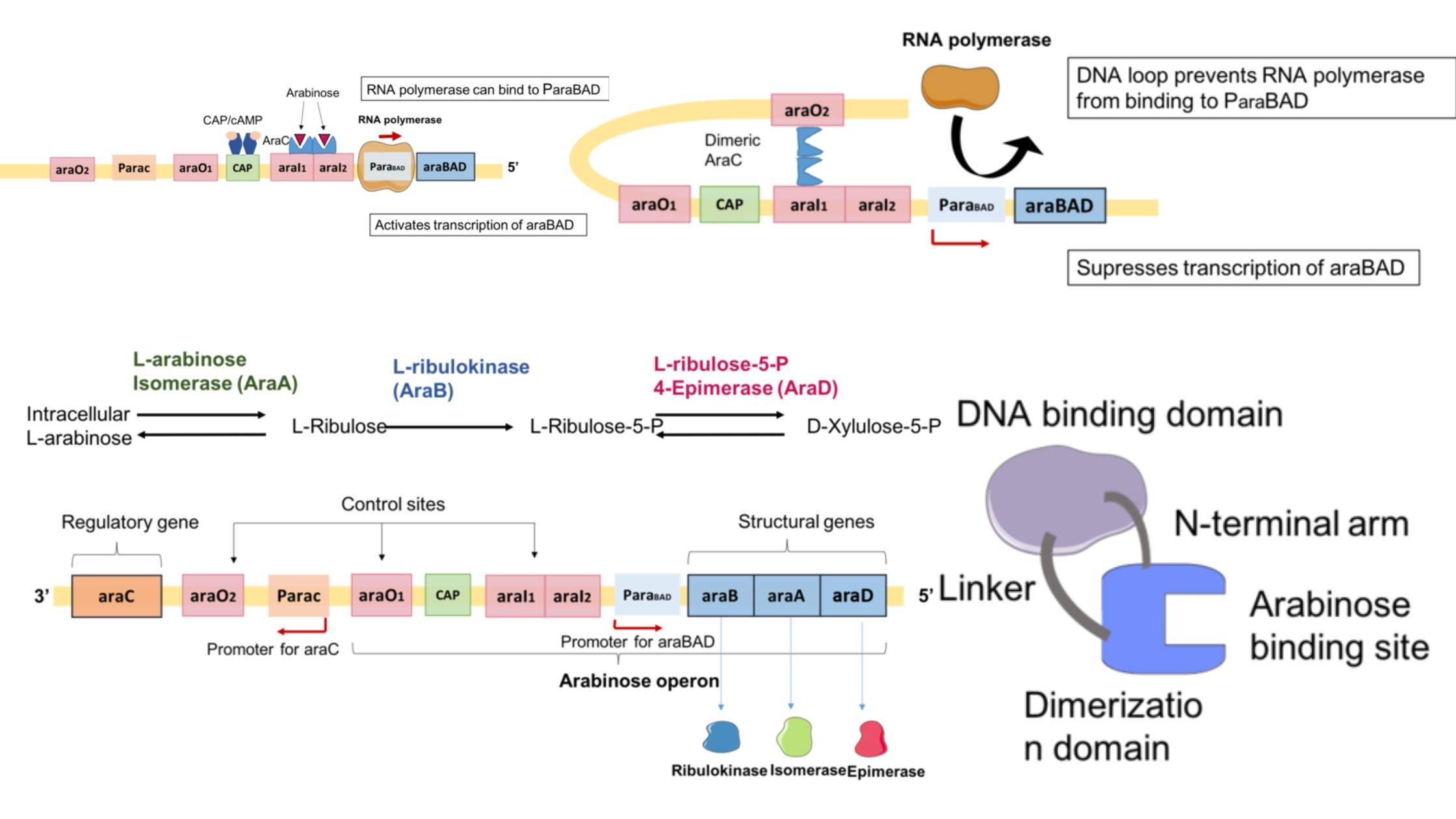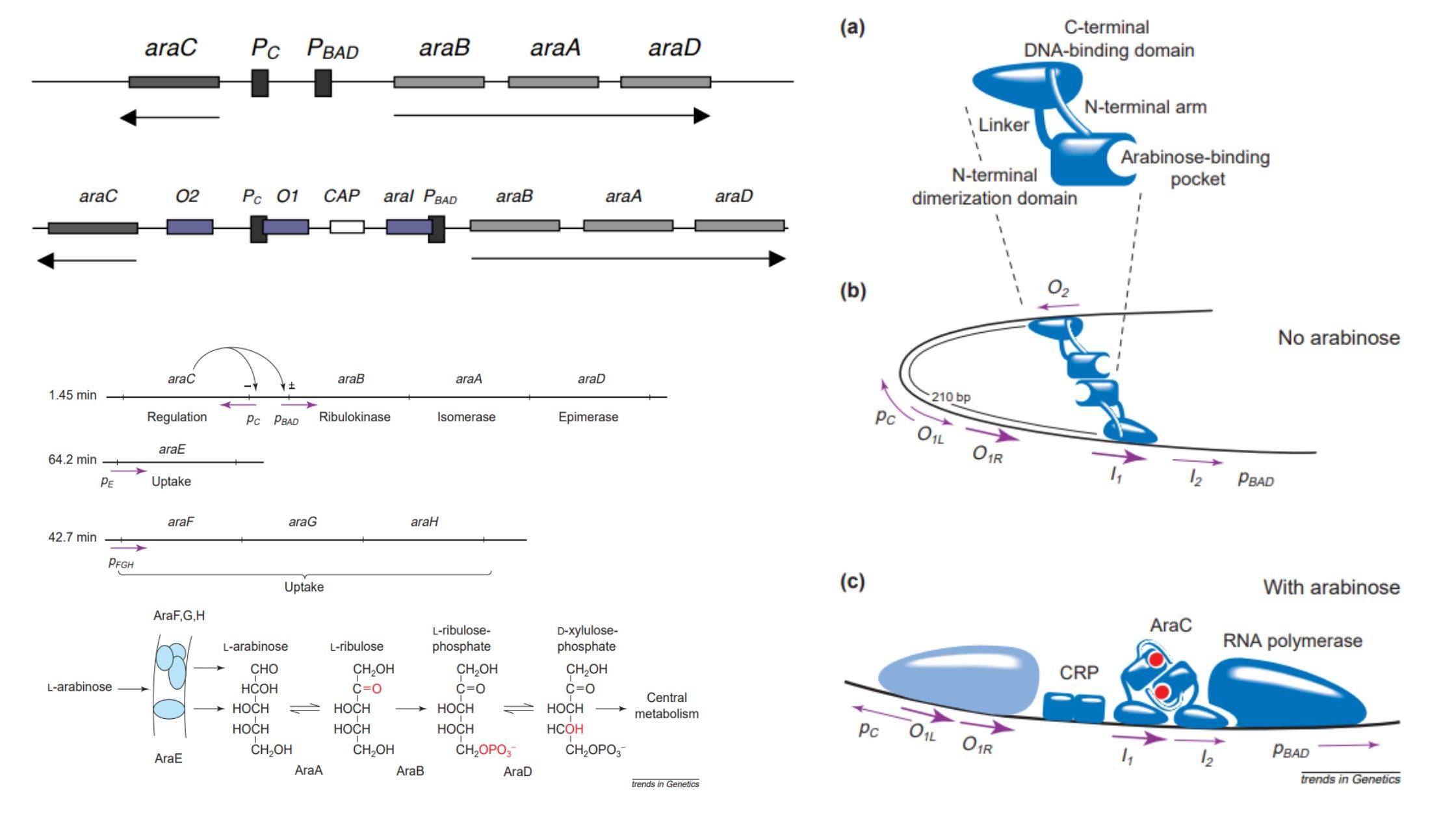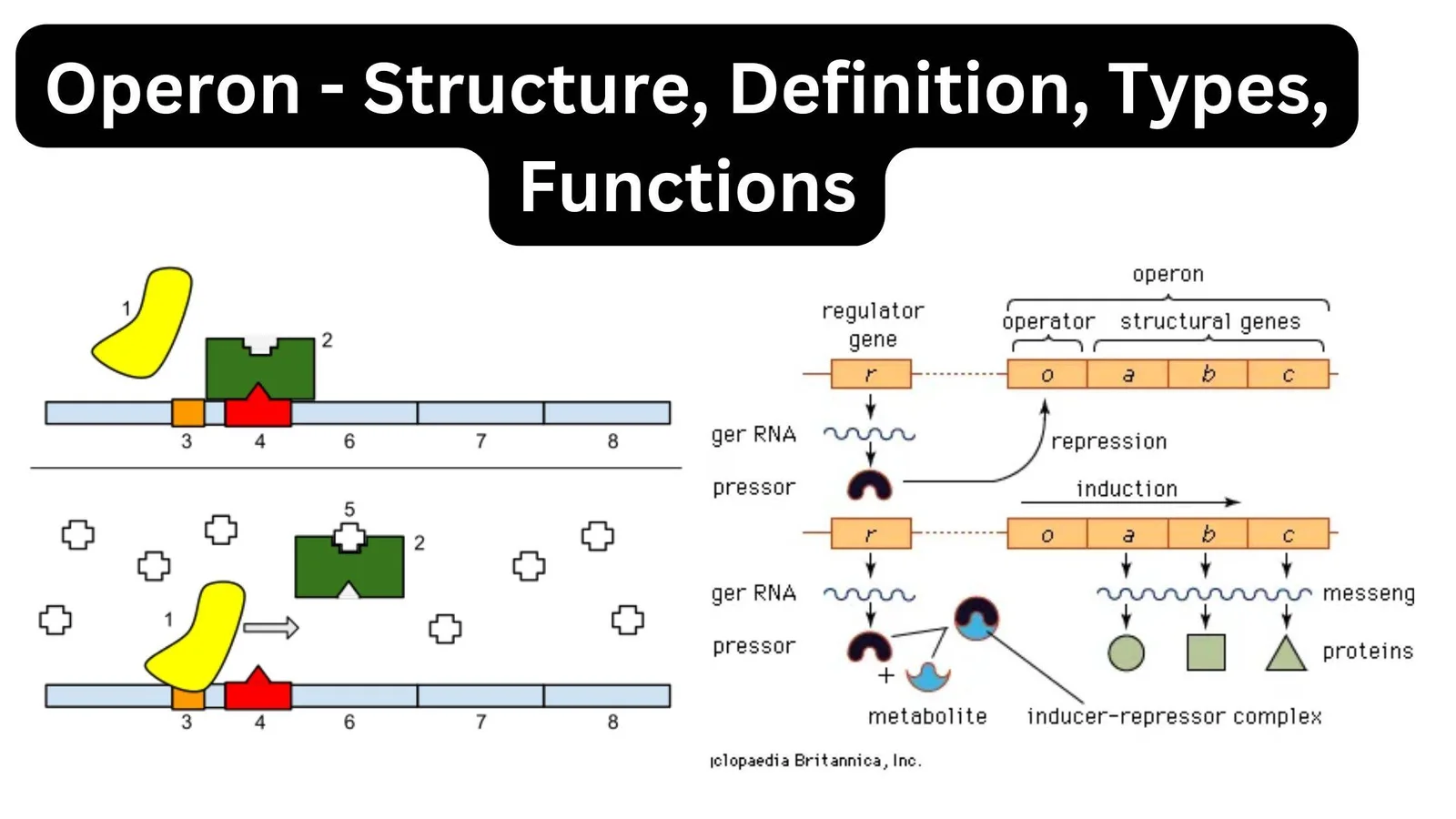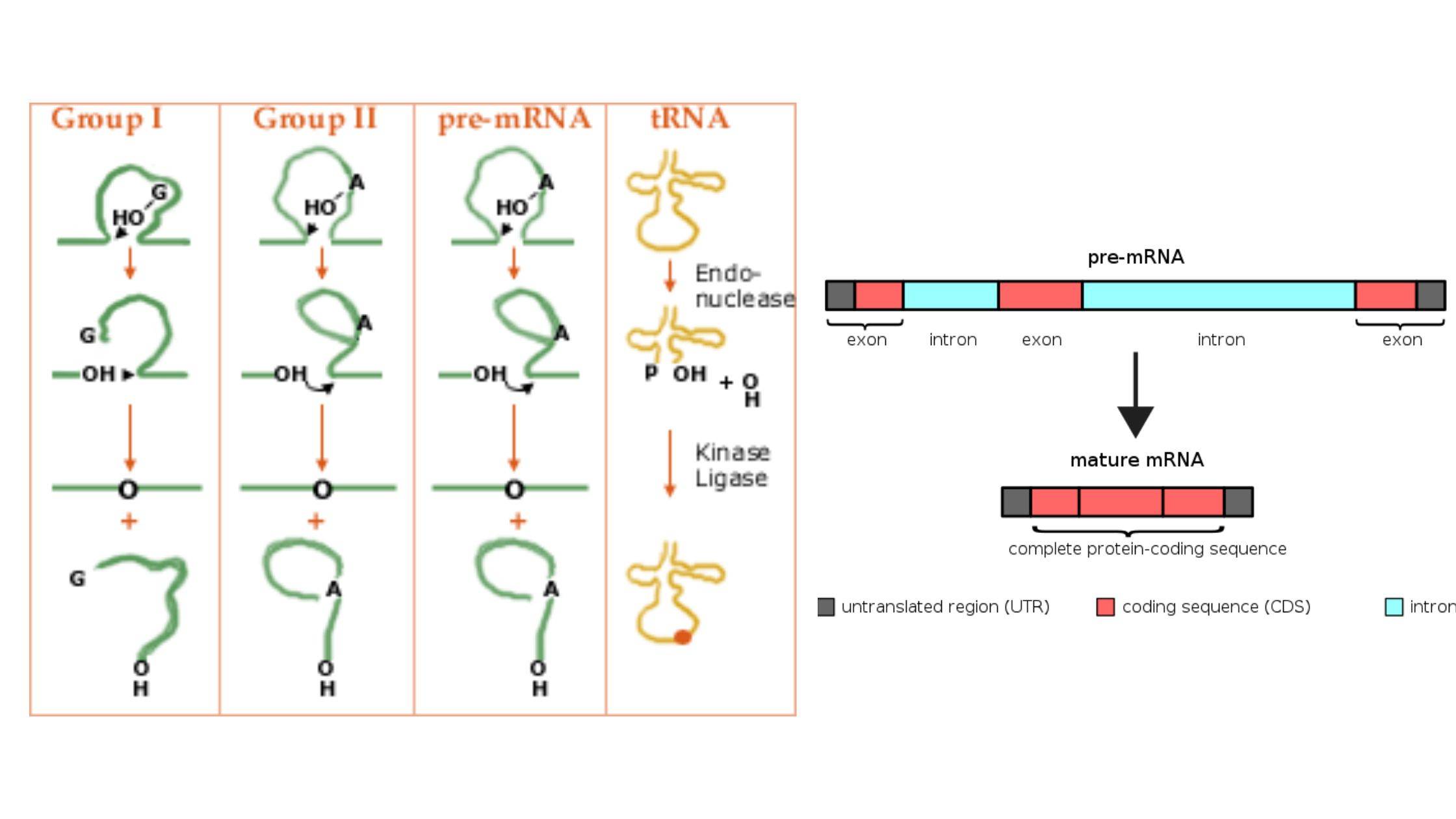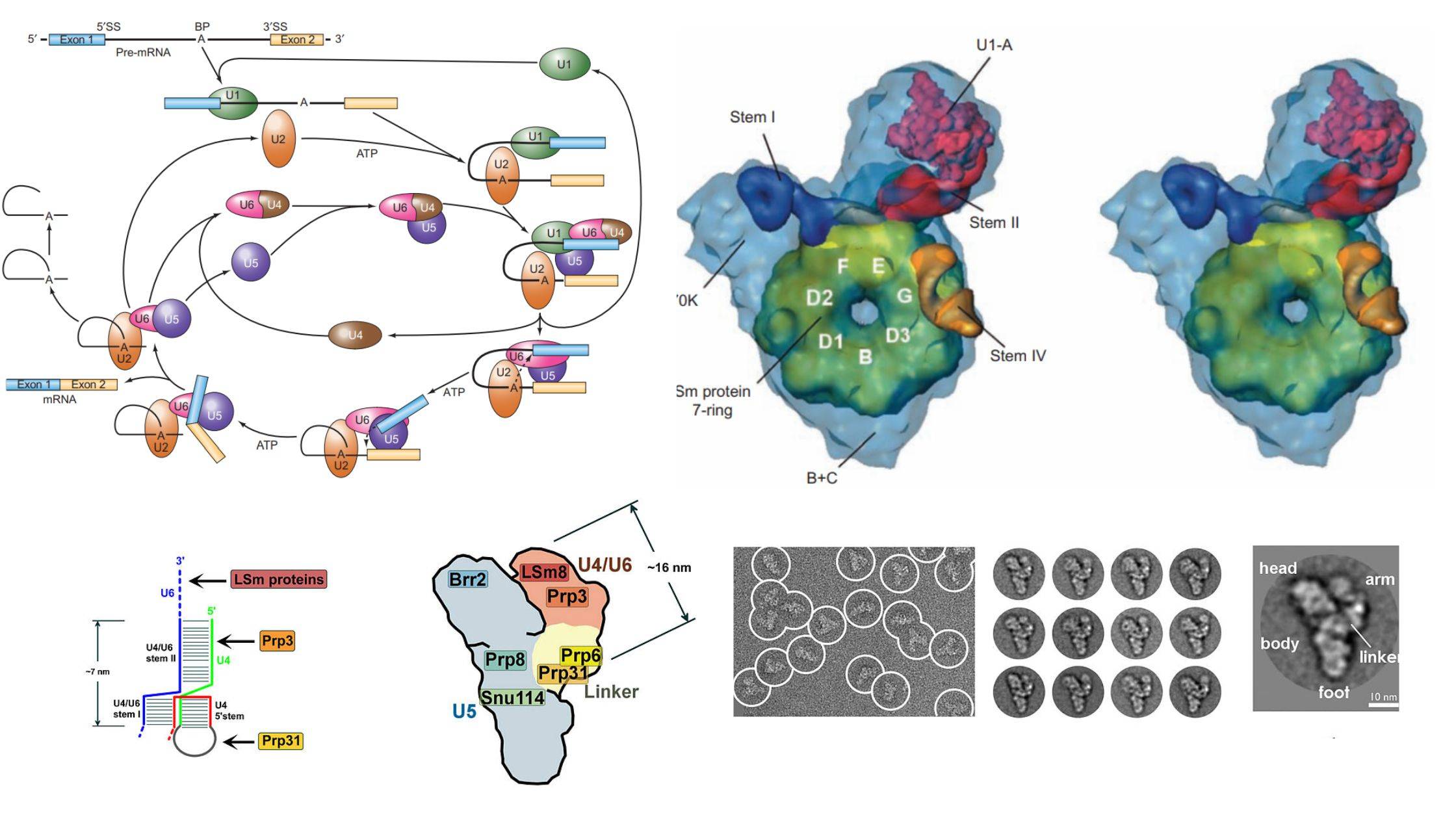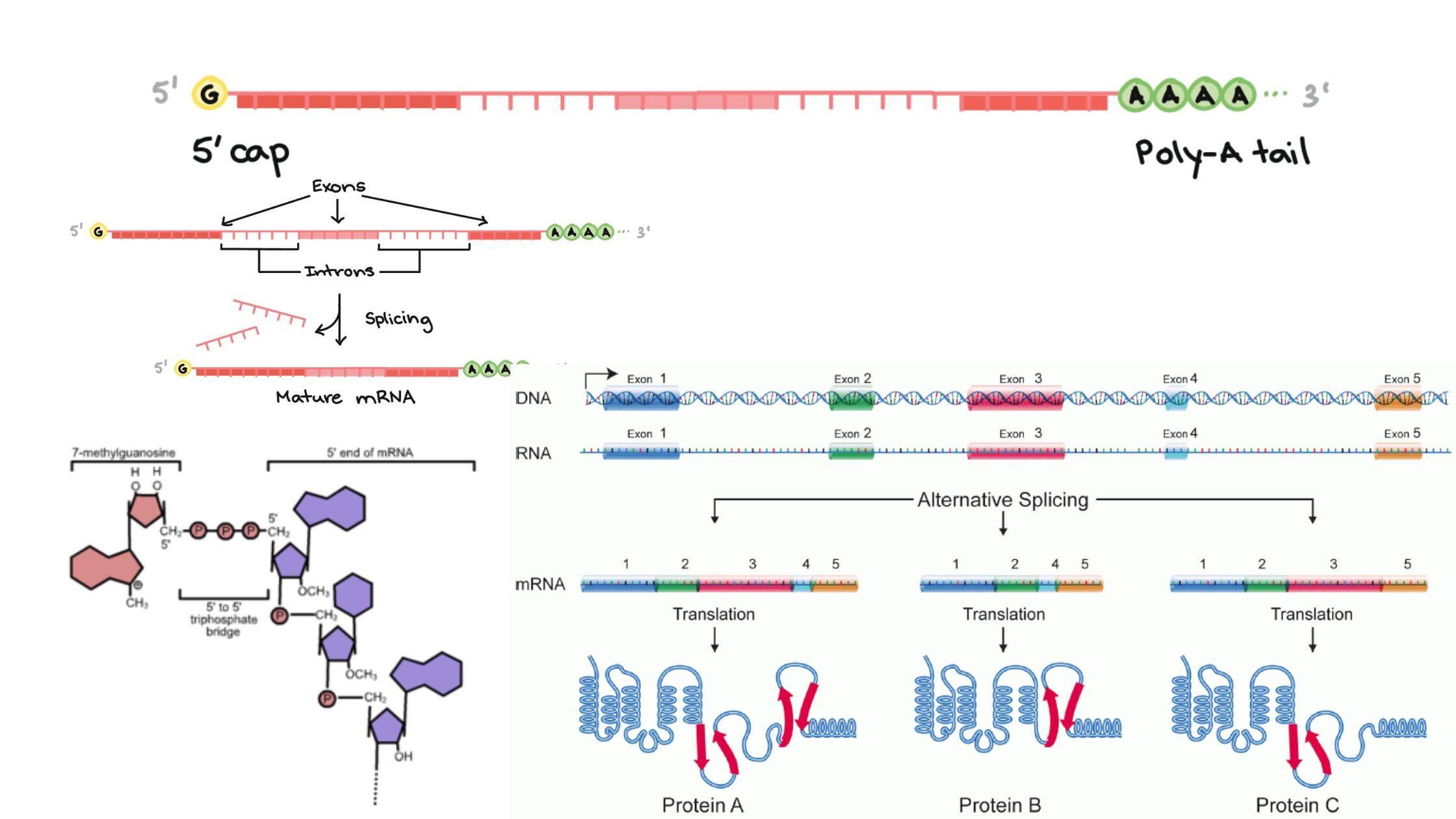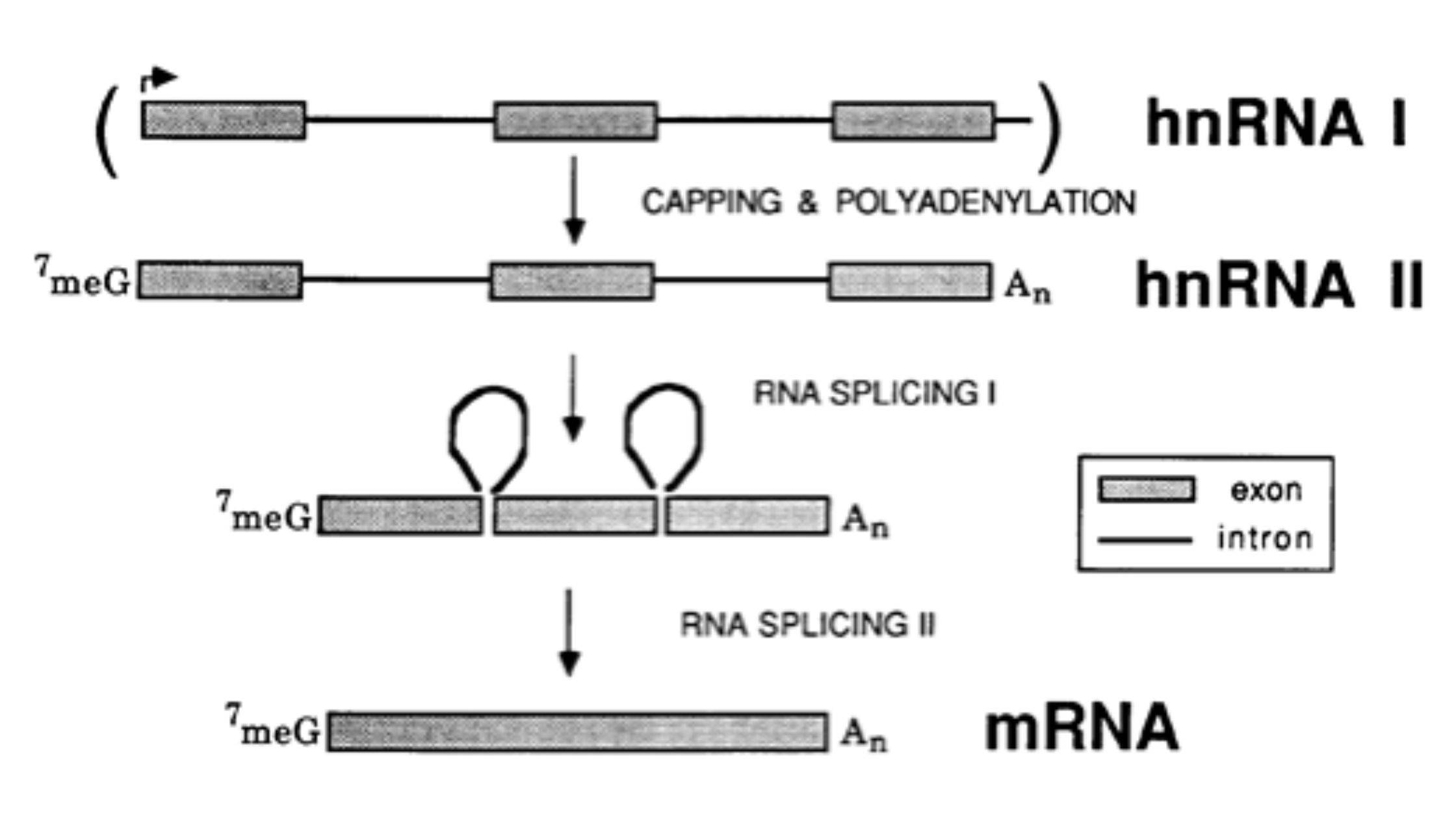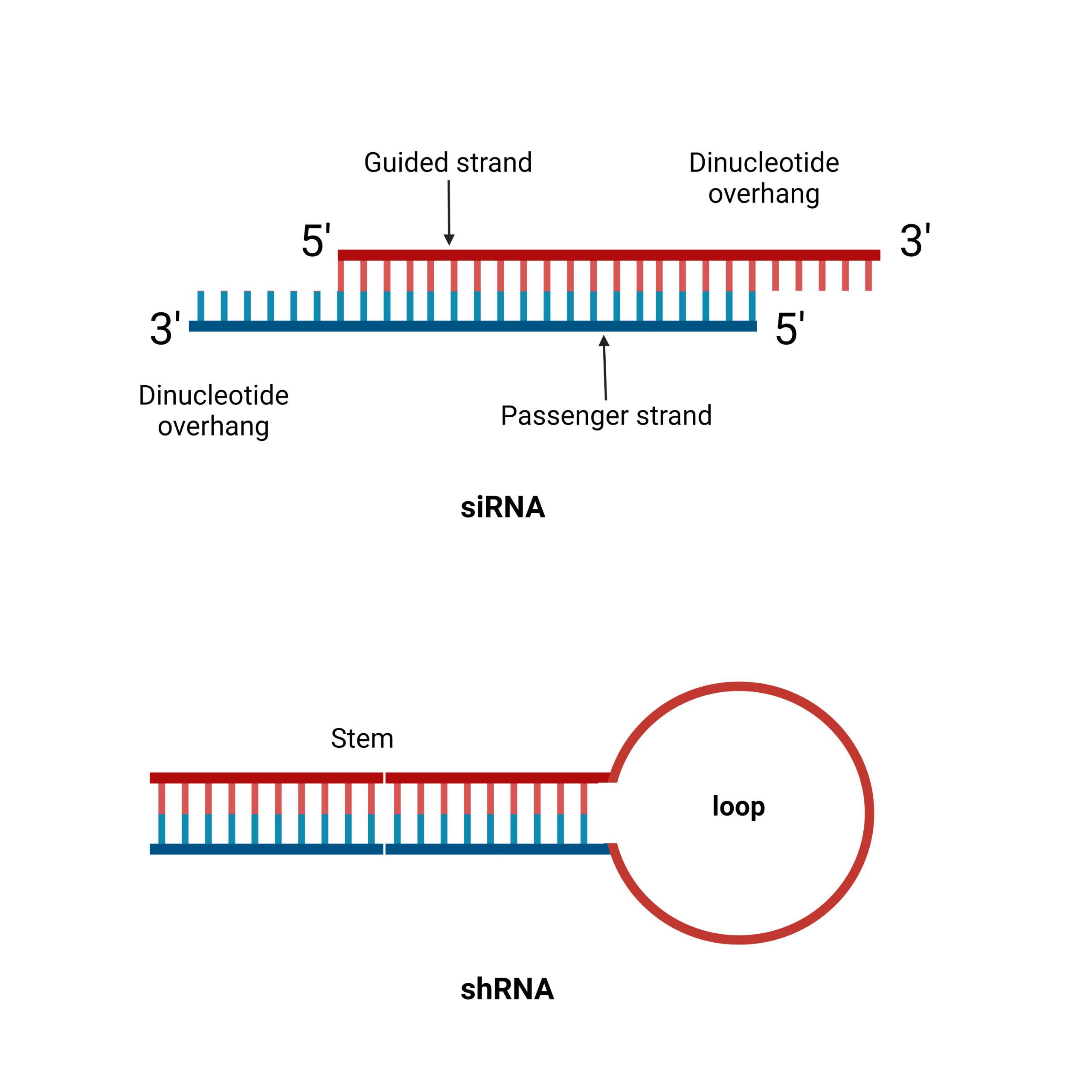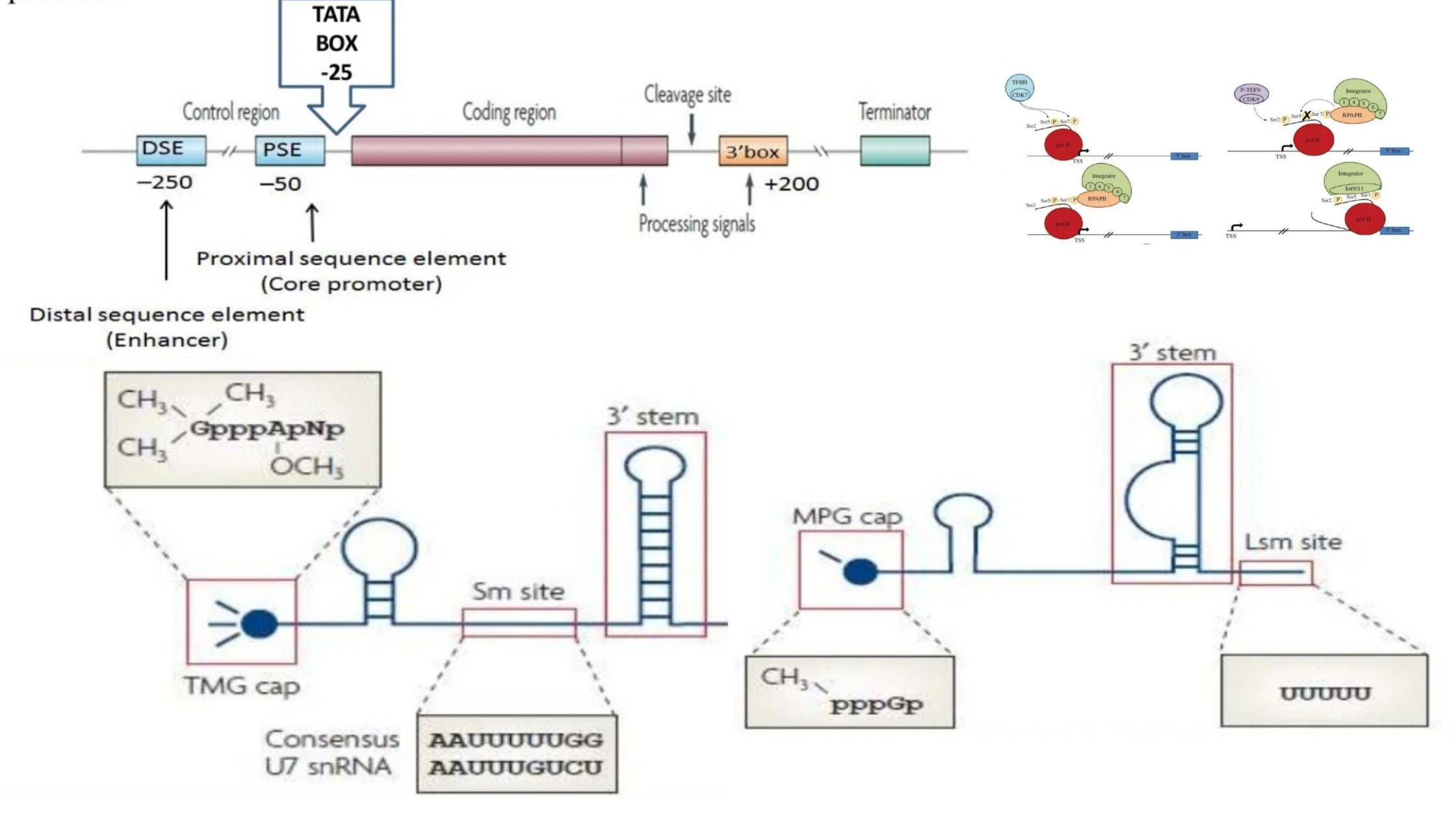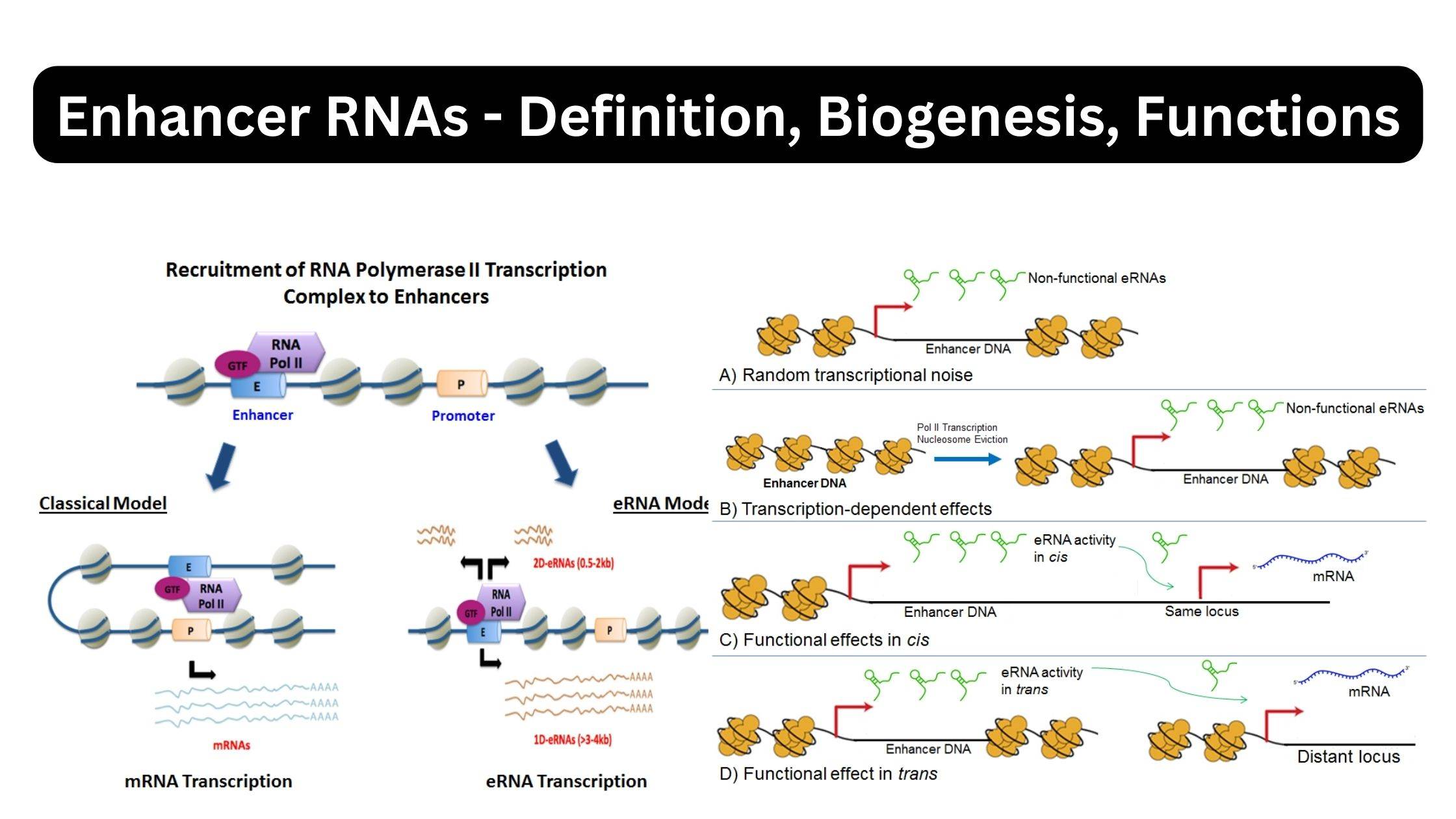Arabinose Operon – Definition, Structure, Mechanism
What is Arabinose Operon? Structure of L-arabinose operon The linear structure of the arabinose operon consists of four unique genes and a catabolic active site. Structural genes Function of Structural genes Inducer Gene Regulatory gene Catabolic Active Site Operator Gene Promoter Gene In Summary Regulation of Arabinose Operon Negative regulation of araBAD Positive regulation of … Read more
